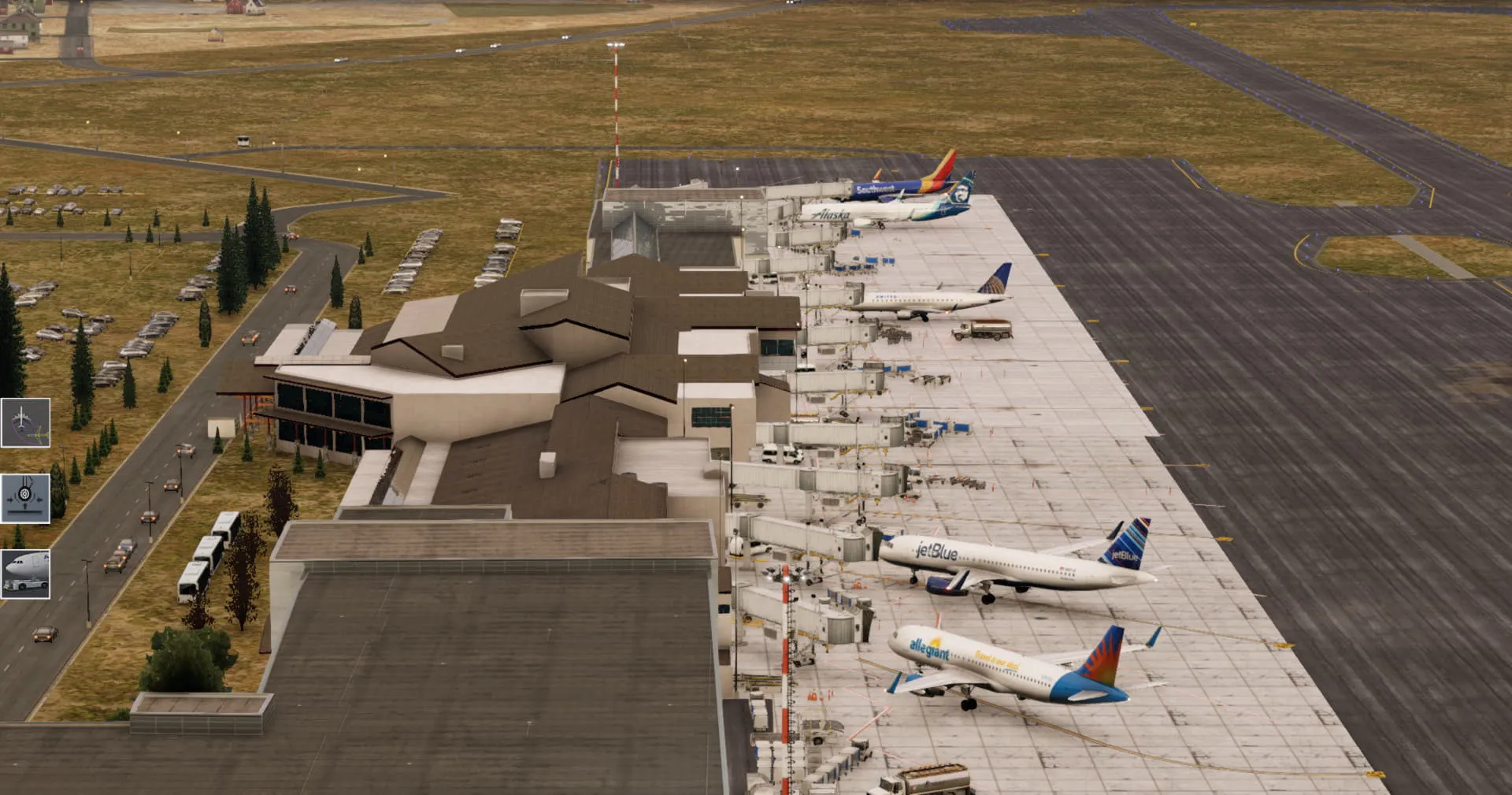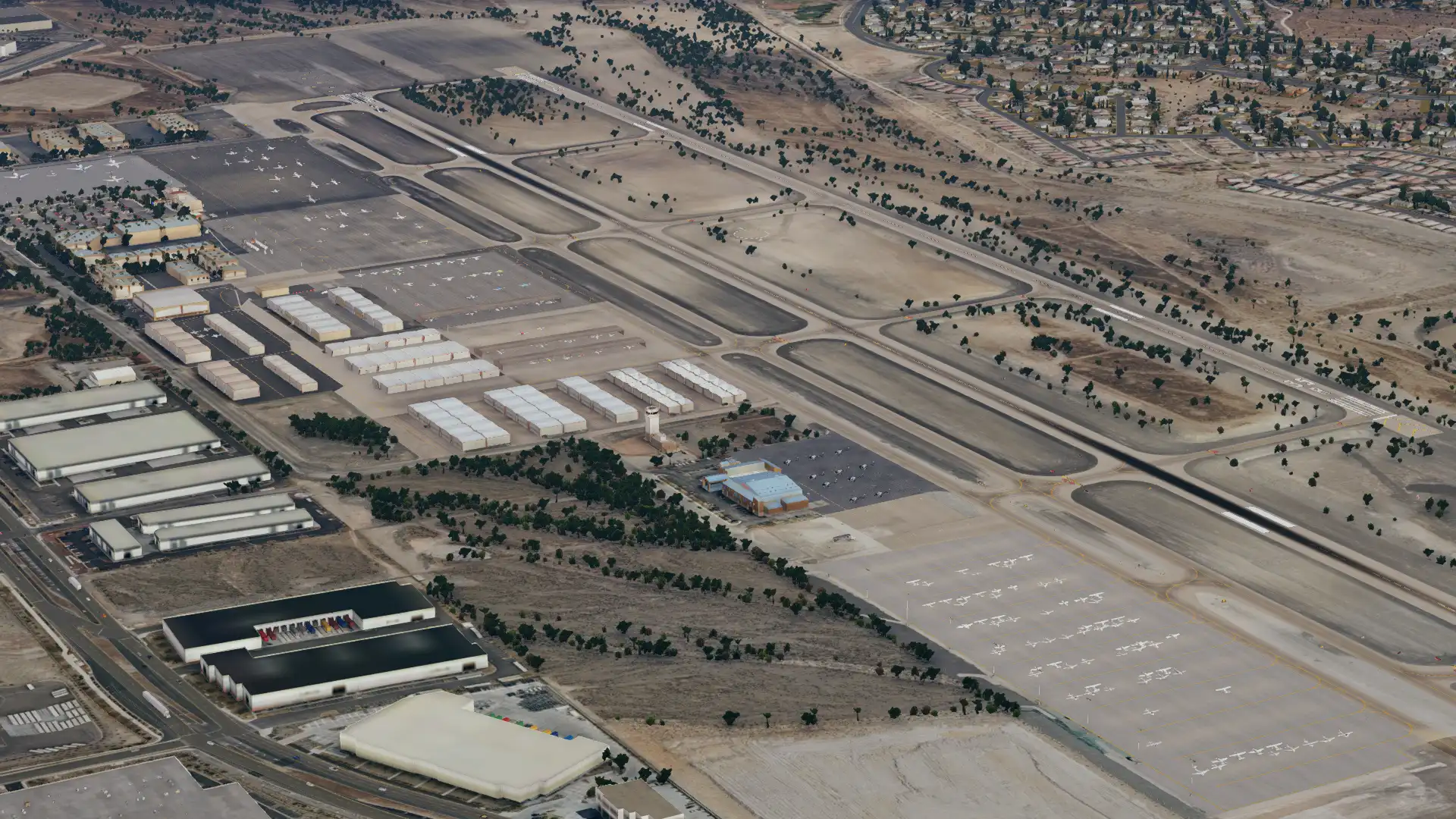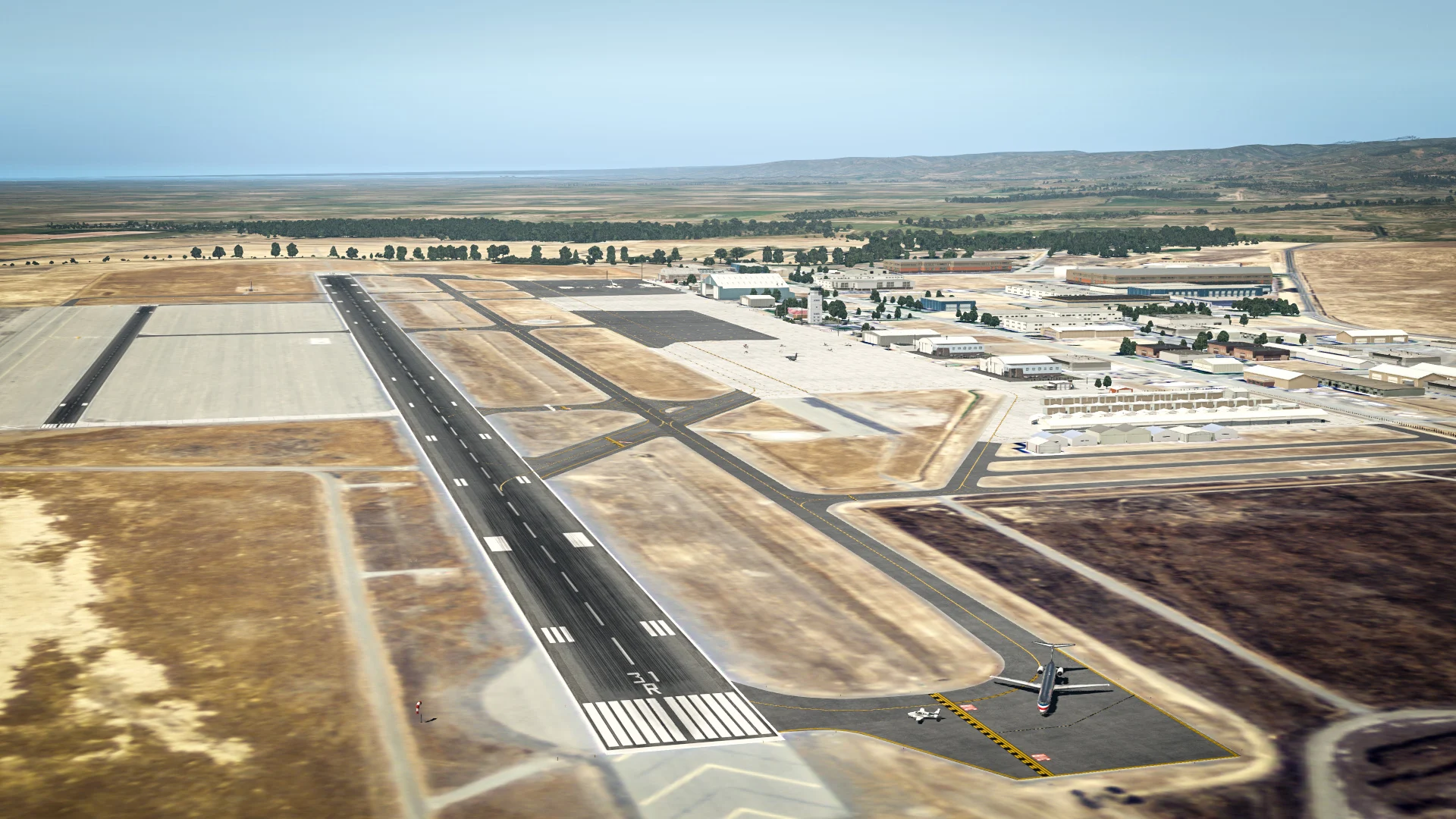Chaos in the Birds Nest
May 27, 2018
Inquiry
Some days ago, the wider flight simulation community was caught by storm as Flight Sim Labs, Ltd. of Greece was caught having embedded a version of the Google Chrome Password Dump tool into the installer for their A320-X product for Lockheed-Martin Prepar3D. Whilst this is primarily an X-Plane website, we felt this topic merited its own article, as similar events may well manifest in the X-Plane community in the future.
It was later revealed that the installer had been configured so as to trigger this supplementary payload upon detection of a fraudulent product registration attempt in order to track down a pirate league that had apparently been distributing illicit copies of add-on products from a plethora of flight simulation developers including, but not limited to, FSLabs, PMDG and Majestic Simulation Software. To that effect, the Google payload had been primed to send a variety of information, unencrypted, to Flight Sim Labs. Whilst this information had been reportedly successfully used by FSLabs in legal processes against identified pirates, questions arise as to the ethical justification, as well as the legality, of such a practice.
As of 2018, it should be clear to our readership that piracy in the flight simulation community is rampant. It is therefore reasonable to assume that, in order to curtail the illegal dissemination of for-purchase products, many developers will employ some sort of digital rights management (DRM) strategy. Typically, this consists of an individualized serial number, sometimes tied to an individual hardware configuration, to prevent more than a developer-chosen amount of simultaneous installations per user.
However, FSLabs went a step further by reportedly accessing a suspect pirate’s Chrome browser cache folder, which can contain credential information such as passwords. This may have been used to access electronic mail and social media accounts in search of court-admissible evidence in support of piracy activities.
It is clearly outside the authority of an individual developer to harvest such information, and it remains to be seen whether conditions will support the further development of FSLabs products in light of the not-insignificant amount of refunds they have been forced to issue. We hope they will, as the number of quality aircraft, especially in the transport category, remains limited, irrespective of platform. However, this can only occur after a careful reimplementation of product security and customer relations measures. It may equally well turn out that the market did not support a study-level A320 simulation in their asking price range. As of today, it has been announced that development continues normally, but it is conceivable that the gravity of the situation will hit them with a delay pending court actions by dissatisfied customers.
What, then, is the status of DRM in X-Plane aircraft? Common to X-Aviation products is the use of the Gizmo plugin, as in the IXEG 737-300, for example, which, besides its serial number-based DRM capabilities, helps add ancillary systems functionality to the airplane. The other major alternative, SASL, is independent of XA and also subserves enhanced systems functionality alongside its DRM role. Yet other vendors, such as Simmarket, mostly employ serial-based protection in the installer (which, by the way, is also the “visible” portion of FSL’s DRM). PMDG, being an established ESP giant with the budget to boot, used a custom form of DRM in its X-Plane DC-6 from the very start.
On the scenery side of things in X-Plane, the situation is much bleaker compared to the ESP platform, where external scenery managers have been used by developers such as FSDreamteam and Aerosoft for nearly a decade, with the FSDT/Virtuali/Cloud9 system also offering a demo mode for sceneries which hides the scenery objects after a time delay. In X-Plane, only Gizmo appears to offer similar functionality.
Lefteris Kalamaras himself is no stranger to scandals in the flight simulation space, having been previously involved in PMDG’s ill-fated MD-11 project, which has gained a cult following on Facebook since the product line’s demise. Whilst PMDG cites low sales for being the motivation to not further update the Eleven, it is widely believed that the actual reason was contractual and stemmed from Kalamaras’ departure from PMDG on, let’s just say, less than friendly terms, which in turn led directly to the creation of Flight Sim Labs. We will have more on this later. In fact, it is now well known that even the A320 was in initial development at that time and was originally destined for release under the PMDG banner.
Whatever the outcome of the present circumstances, it should be noted that X-Plane will not be immune to similar events. It is therefore vital to initiate a discussion about ethical forms of digital rights management, and Threshold is here to do just that – stay tuned.
Share this page
COMMENT ADVISORY:
Threshold encourages informed discussion and debate - though this can only happen if all commenters remain civil when voicing their opinions.





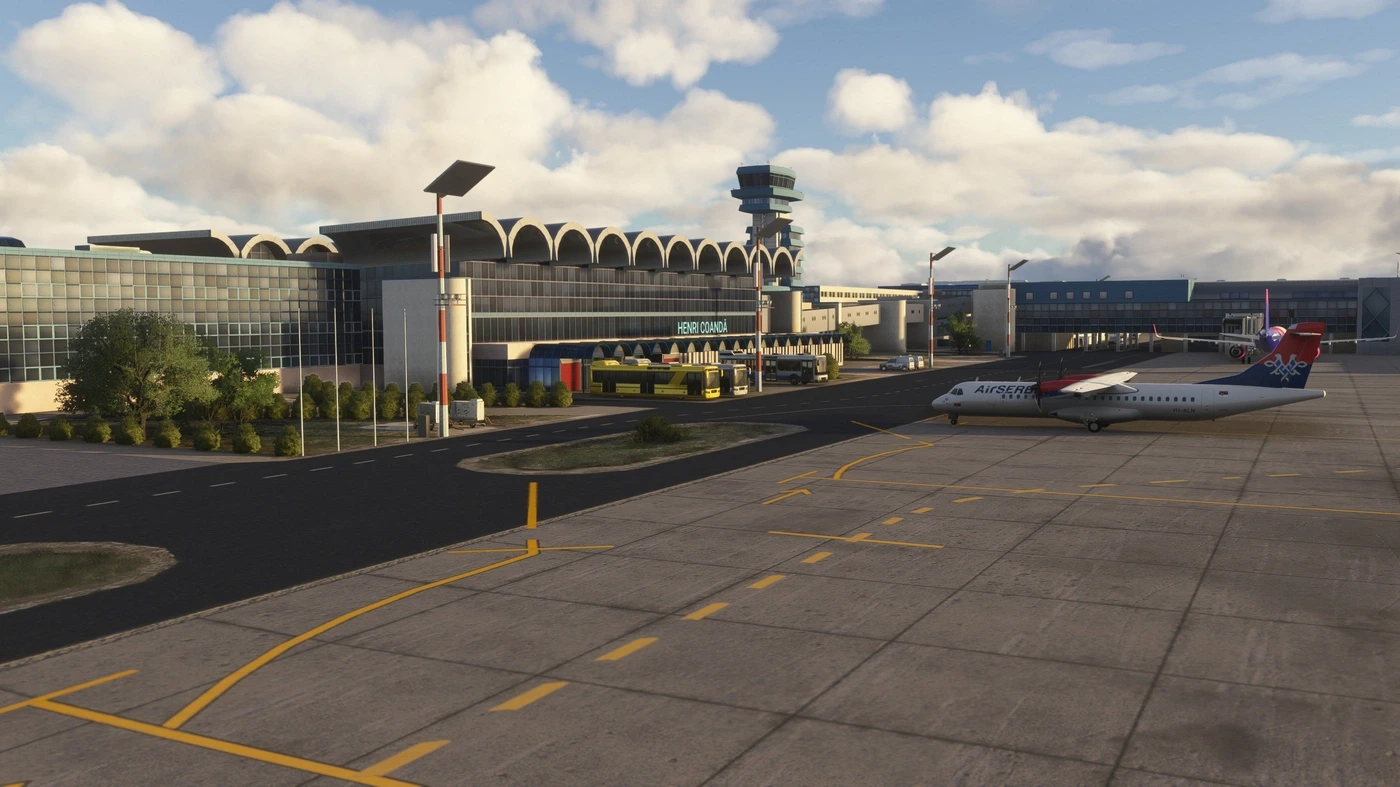
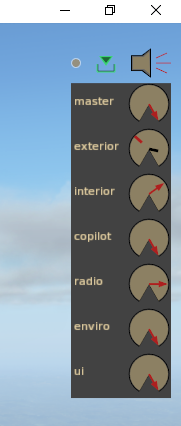

.webp)
